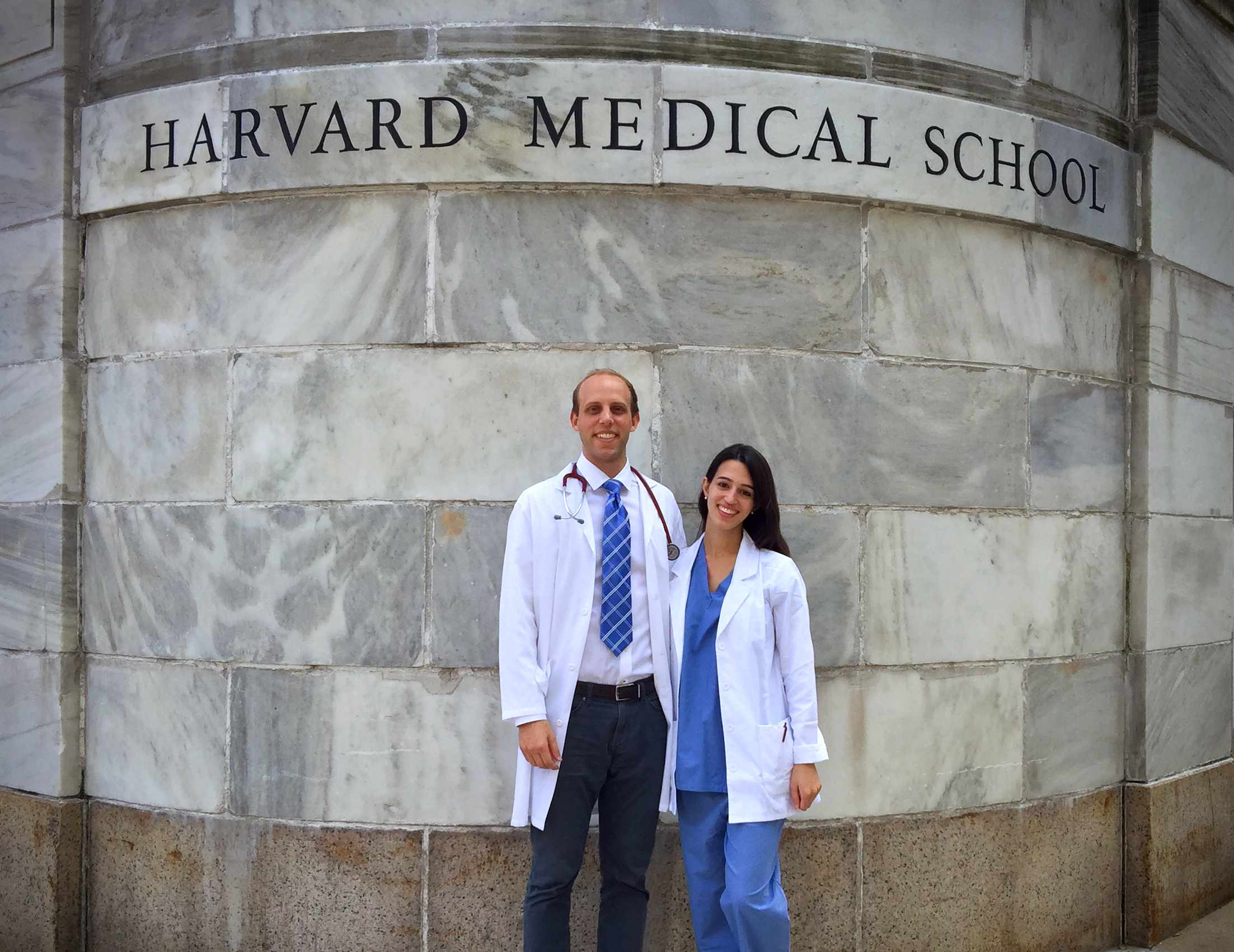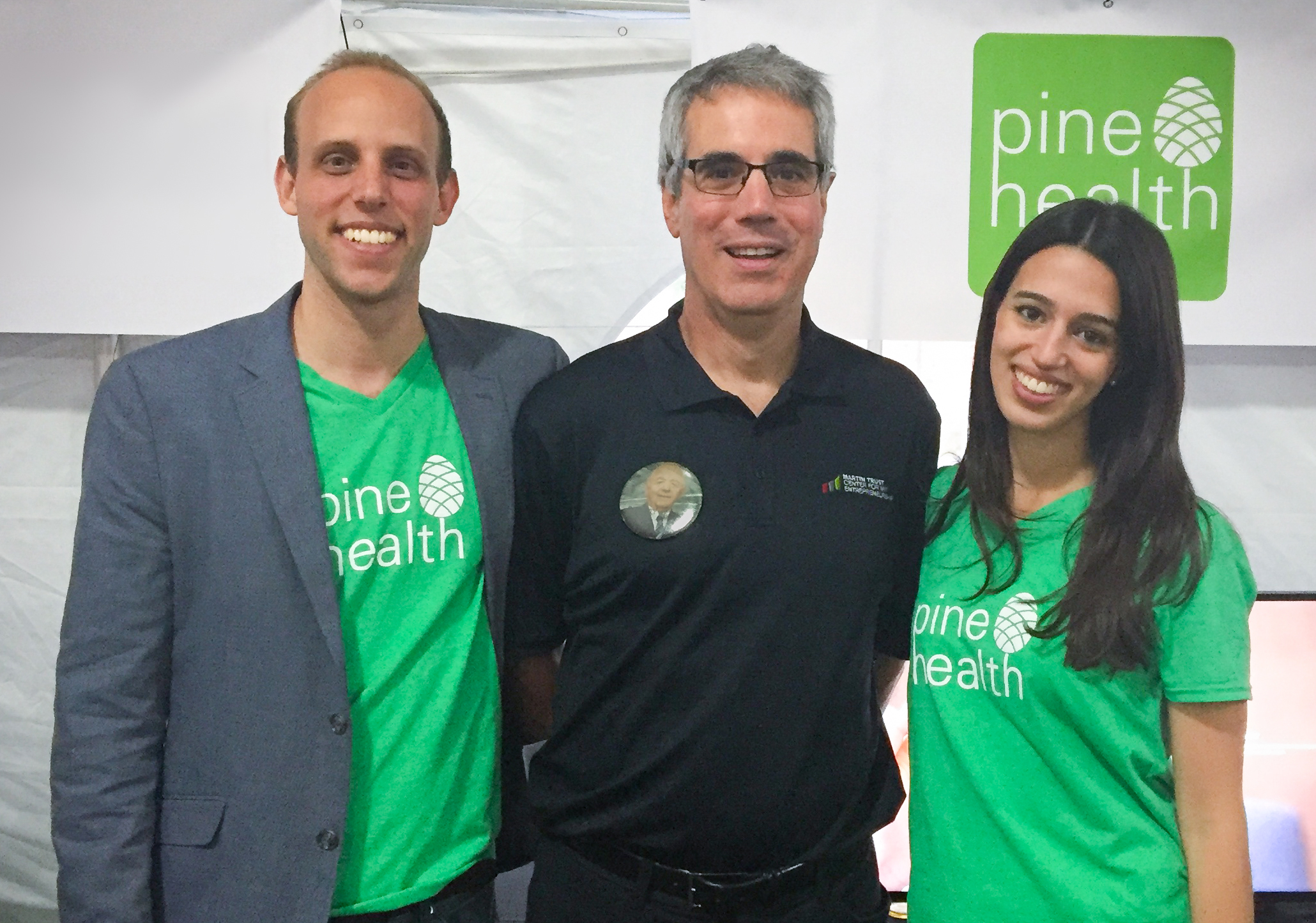Grad Life: Building a Startup at MIT
-
-
slice.mit.edu
Filed Under
Recommended

Sitting to my left is Ray Stata, the founder of Analog Devices and donor of MIT’s CSAIL building. Sitting on my right is Jack Little, the founder of a company that builds Matlab, powerful software that I use almost every day. As we finish our lunch, I get ready to present my startup to them and the rest of the MIT Dean’s Advisory Council.
As the dean of engineering introduces me, I reflect on just how far my startup has come in the past nine months. MIT helped transform a nugget of an idea into a healthcare company that has completed its first trial at Mass General Hospital, has paying customers, and has over 200 people on our platform.
Pine Health, which I founded with Lina Colucci, fellow PhD candidate in the Harvard-MIT Health Sciences and Technology Program, helps people transition from the hospital back to normal life via text-based conversations with an AI-augmented health coach. We sell our service to hospitals to help them reduce post-hospitalization costs.
Video: Watch this 5-minute presentation on Pine Health to get an overview of our motivation behind the startup and our progress to date.
Nine months ago we participated in MIT Fuse, a month-long accelerator. The program gave us the push we needed to stop writing things on whiteboards and actually talk to people with chronic health issues. We visited folks around Boston whose houses ranged from suburban mansions to temporary YMCA apartments and we hopped on phone calls with patients from Los Angeles to rural Kentucky.
During the spring semester, we took the Building an Entrepreneurial Venture course at MIT Sloan and focused on developing our business model. There is an entire cemetery of great healthcare solutions that improve patient care but die off because they cannot get the financials to work. We didn’t want Pine Health to be another gravestone in that cemetery.
We poured over 3,000 pages of healthcare legislation, spoke with over 50 healthcare professionals from nurses to hospital CEOs, and met with people from all levels of health insurance companies. Every time we visited insurance companies, they gave us a pamphlet outlining their building’s evacuation procedures, giving us one (of many) hints about just how risk-averse the healthcare industry is.
During the summer, we participated in Delta V, an incredible three-month accelerator by MIT’s Martin Trust Center, with a cohort of 20 MIT startups.
When we finally reached “product-market fit” this summer, we walked into what we thought was another meeting to get feedback on our latest product iteration. But, when we presented our product to the clinician, her eyes lit up. “I want this ASAP,” she said. Soon after, we found ourselves running our first trial with the hospital.
At the end of Delta V, 9 months after we started Pine Health, we pitched our company to over 2,000 people at the San Francisco and MIT Demo Days. We had many investment offers and publicity opportunities, but what felt the best was finally taking a moment to pause and realize that we had become a real startup, with real end-users, and a real product.
MIT alumni-founded companies generate over $2 trillion in annual revenue, a sum greater than the GDP of the 10th largest economy. This seemingly implausible figure is a testament to the powerful engine that MIT has built to support their students’ and alumni’s startups. I am incredibly thankful to MIT for the support on my own startup journey. The good news is that it’s still just the beginning.
Grad Life blog posts offer insights from current MIT graduate students on Slice of MIT.








